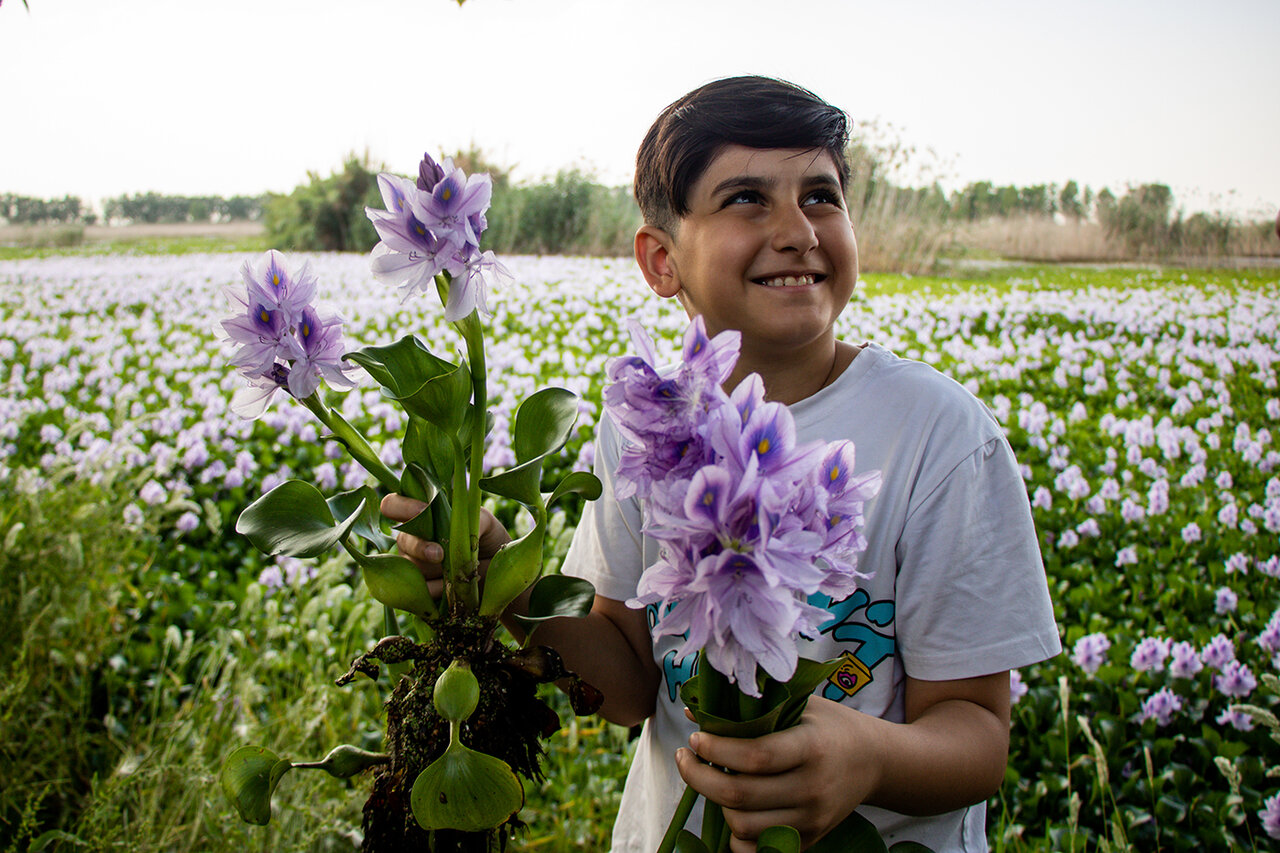
Similar Posts
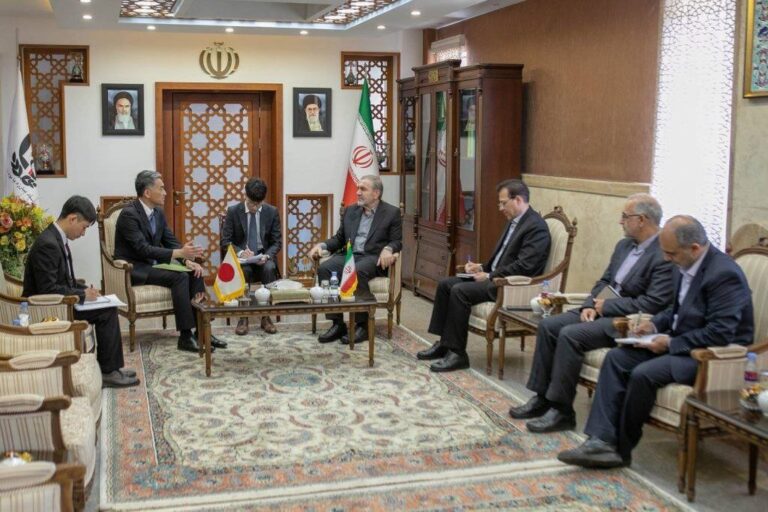
Japanese Envoy Highlights Strengthened Cooperation in the Battle Against Narcotics
Japanese Ambassador to Iran, Tamaki Tsukada, emphasized the importance of continued collaboration between Iran and Japan in combating drug-related crimes during a meeting with Brigadier General Hossein Zolfaqari in Tehran. Tsukada highlighted joint efforts, including providing trained drug-detecting dogs, offering counter-narcotics training, and supplying necessary equipment. He also proposed joint research on treatment services for drug addiction. Zolfaqari expressed gratitude for Japan’s support and stressed the need for international cooperation to tackle transnational drug trafficking, particularly from Afghanistan. The discussions mark a strengthened partnership aimed at enhancing drug control strategies and addressing the global drug crisis collaboratively.
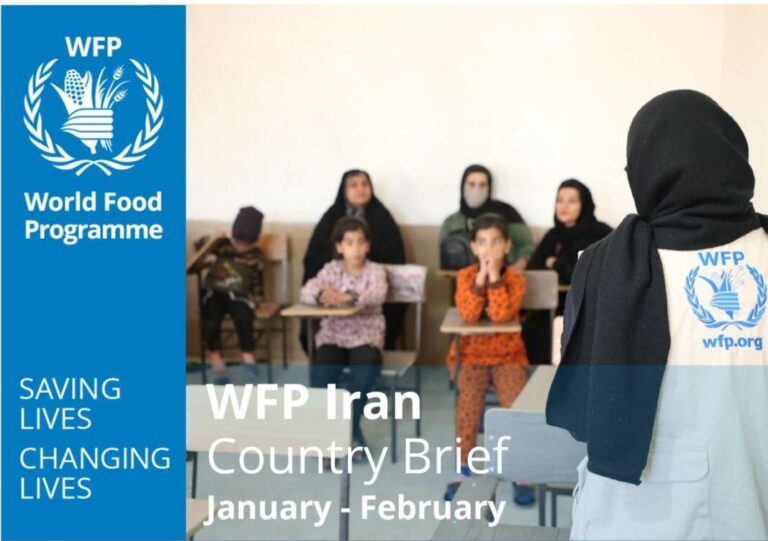
WFP Unveils Insightful January-February Report on Iran: Key Findings and Impact
The World Food Program (WFP) reported significant food assistance efforts in Iran during January and February 2025, benefiting 66,215 individuals, including Afghan and Iraqi refugees. WFP distributed 948.5 metric tons of fortified food and provided cash assistance to over 14,000 refugee households. Enhanced cash transfer values were introduced, with men receiving 5 million IRR and women 6 million IRR per person. A pilot initiative for refugees with disabilities was launched, offering additional support. WFP’s ongoing commitment aims to improve food security and resilience among vulnerable populations, despite the challenges faced by many refugees across Iran.
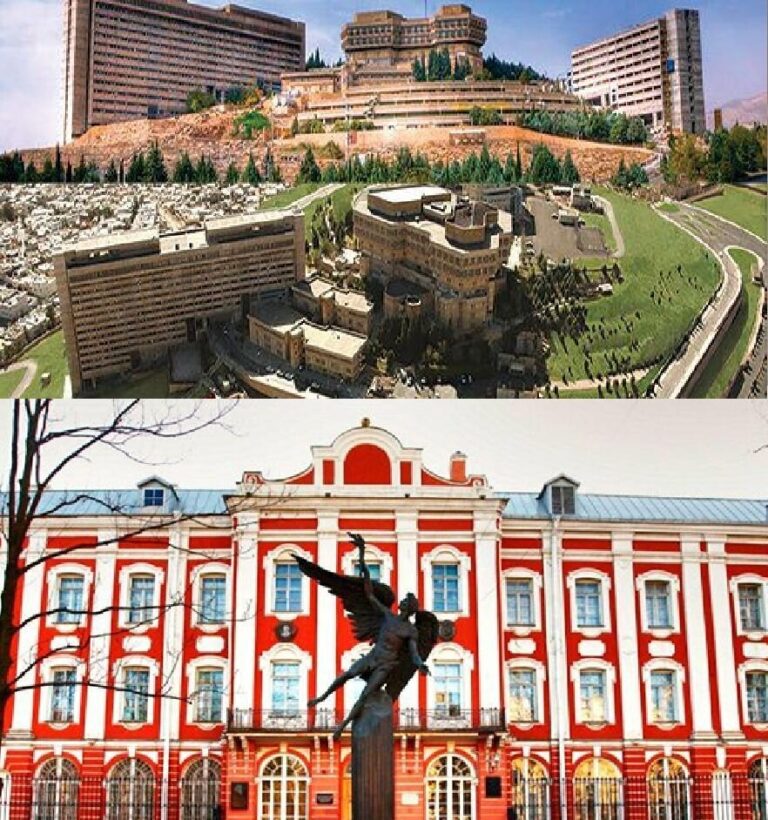
Shiraz and St. Petersburg Universities Unite for Innovative Joint Research Projects
Shiraz University and St. Petersburg University have launched a collaboration involving ten innovative research projects aimed at enhancing educational and cultural exchanges between Iran and Russia. The partnership includes student exchanges, scholarships for PhD candidates, and specialized training courses. In July 2024, they signed 12 memorandums of understanding, establishing centers at each institution to strengthen cooperation. A secretariat will facilitate communication for joint scientific projects, seminars, and cultural studies, promoting cross-cultural understanding. This collaboration reflects a commitment to advancing academic ties, technological innovation, and long-term relations between the two universities, benefiting students and faculty alike.
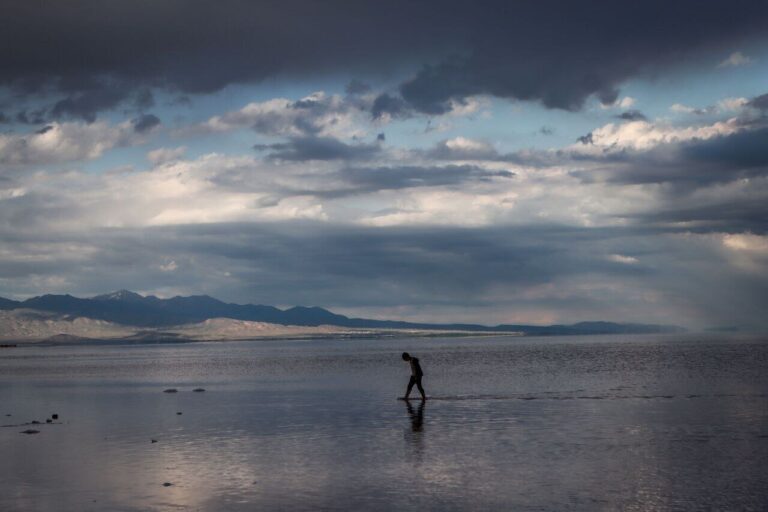
Lake Urmia Sees Remarkable 80 mcm Surge in Water Volume!
Lake Urmia is experiencing a significant revival, with water volume increasing by 80 million cubic meters compared to last year, reaching 1,630 billion cubic meters. This resurgence is vital for the lake’s ecological health, as its level rose to 1270.28 meters. Collaborative restoration efforts involve the UNDP and FAO, focusing on sustainable agricultural practices. A project initiated by Japan and UNDP aims to develop conservation systems from 2024 to 2028. However, challenges like overconsumption of water, climate change, and vulnerable agricultural practices threaten the lake. Ongoing initiatives seek to implement water-saving measures and enhance resource management for sustainability.
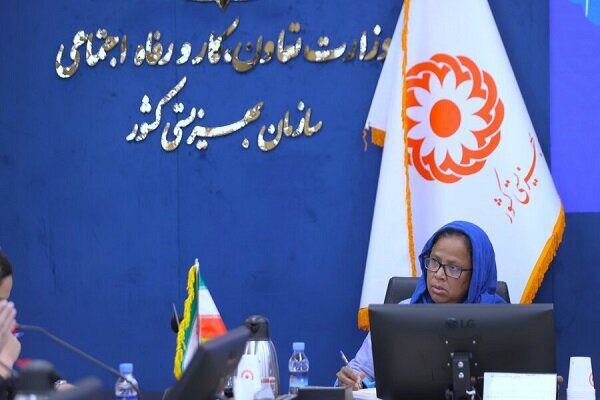
UNDP Official Highlights Key Initiatives and Activities Transforming Iran
The United Nations Development Program (UNDP) is enhancing various sectors in Iran, focusing on social and economic welfare, health, environmental protection, and disaster risk reduction. Ayshanie Medagangoda-Labé, interim resident representative for UNDP in Iran, emphasized the organization’s commitment to securing financial resources and introducing successful models from other countries. Key initiatives include combating diseases, protecting natural resources, and promoting renewable energy, where Iran currently utilizes only 1% of its potential. Recent collaborations include a memorandum with Iran’s Department of Environment to tackle air pollution. The UNDP aims to foster a sustainable future by addressing critical societal and environmental issues in Iran.
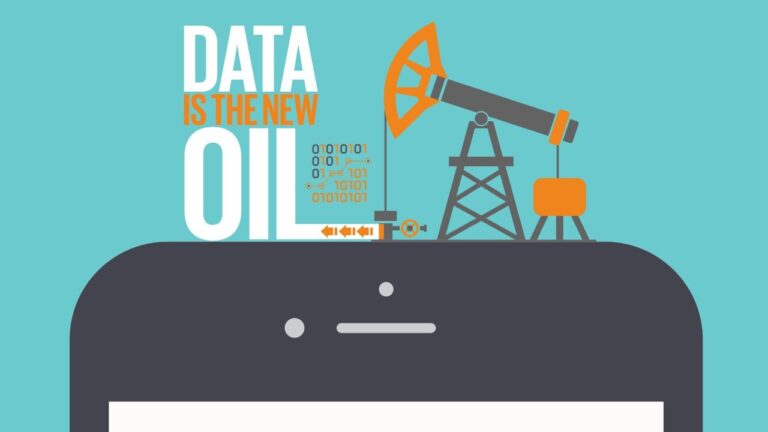
Unlocking the Power of Data: Why It’s the New Oil of the Digital Age
Data is often compared to oil, highlighting its significant value and influence in modern society. Like crude oil, which requires refinement to become useful, raw data holds little value until organized and analyzed. This processed data drives innovation across various sectors, including healthcare, finance, education, entertainment, and urban planning, by enhancing decision-making and personalizing experiences. However, the increasing reliance on data raises concerns about privacy, ownership, and access disparities. Despite these challenges, data’s renewable nature offers transformative potential, emphasizing the need for responsible usage that balances innovation with ethical considerations to benefit society as a whole.